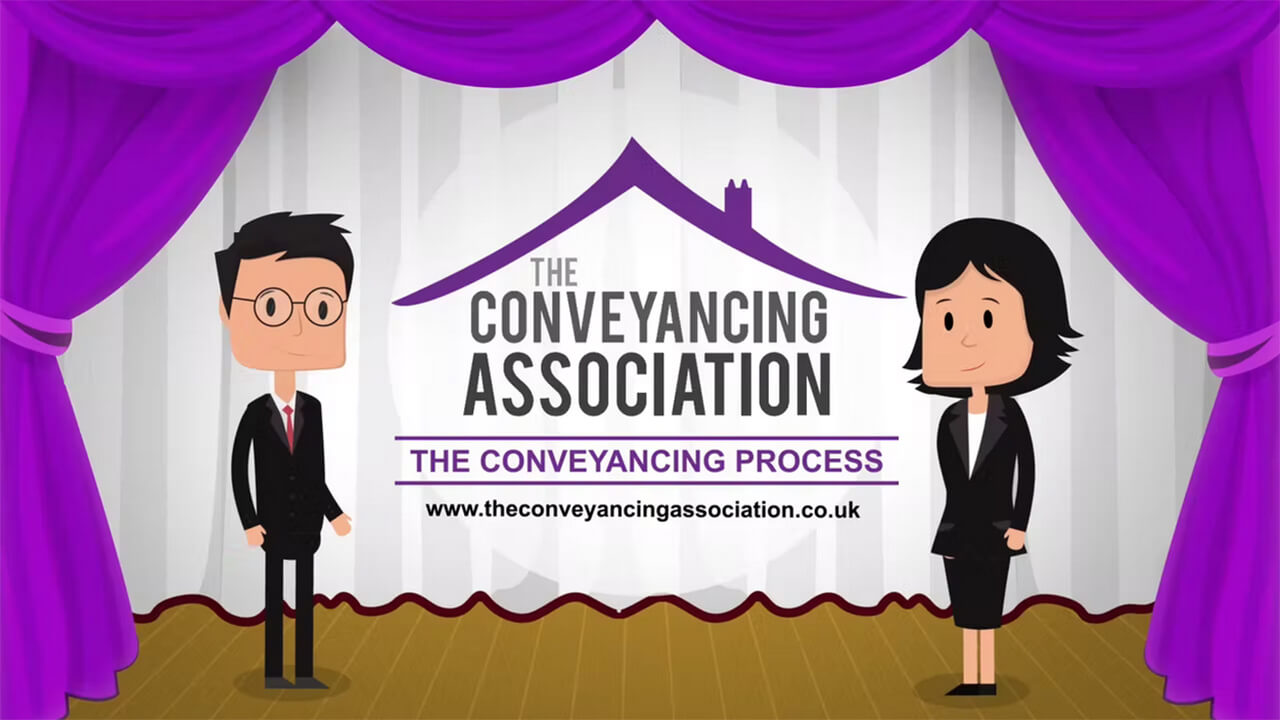At Premier Property Lawyers we are always happy to help. Below is some useful information on the home buying process. If you have any questions, please get in touch.

How Long Does Conveyancing Take?
Whether you’re buying or selling, the conveyancing process begins once an offer has been accepted on a property. How long this takes varies from case to case, and there’s no definitive answer as to how long it will take when you decide to move. As a rough guide, you should be looking at less than three months if you’re not involved in a chain, while if you are then it’s not uncommon for the conveyancing process to take up to six months.
Here we’ve provided an average timescale for what you might be able to expect from the process, as well as some advice on what you can do to help speed things up.

Pre-contract
You’re in the pre-contract stage as soon as you submit your offer. From this point onwards, and provided everything goes smoothly, you’re likely to complete in twelve to fourteen weeks – per the national average. You’ll need a conveyancer to help you through the legal part of the process.
Mortgage offer
To cut down the time it takes for you to be accepted by a lender, make sure you get a mortgage Agreement in Principle before you start seriously house hunting. With your AIP in place, it takes less time to receive a concrete mortgage offer from a lender, typically a few weeks.
Even if you have an offer AIP, your full mortgage offer isn’t going to be with you immediately: your lender needs to carry out their own valuation of the property you’re buying and will no doubt require further paperwork from you before being able to put the offer together.
Draft contract
As well as getting the mortgage offer in place, your conveyancer will deal with the draft contract during this time. To do so they’ll need information from a range of parties including the land registry, the seller and their conveyancer. You can expect it to take a week or so for the contracts to be issued to your lawyer, and a further couple of weeks for the sellers’ conveyancer to answer all the questions your lawyer will raise.
Searches and surveys
You also need to arrange your searches and surveys in the pre-contract stage. Whichever level of survey you’re getting on the house itself, you need to check the property’s condition as well as the local and legal searches your conveyancer will carry out.
As issues can arise from your searches and surveys, this stage can take anywhere between two and ten weeks. Potential setbacks can arise if the seller is unable to grant immediate access for a survey, or if the local authority has a long lead time on the provision of Local Search results.
Once all enquiries have been resolved and the search results and mortgage offer have been checked, you’re ready to exchange contracts. If you’re buying, then you’ll transfer your deposit at this point.
Exchange to completion
Your conveyancer will exchange contracts with the other party’s conveyancer, which legally binds you to completing the transaction. This also allows you to set a completion date – which could be anything from a few days to several weeks away.
During this stage, your conveyancer will finalise the completion documents and carry out further searches on things like the Land Registry and bankruptcy. If everything’s in order, each side’s conveyancers can prepare financial statements relating to the transfer of funds between buyer and seller.
Completion day
On your completion day, the conveyancers will organise the transfer of all the funds between the parties. The seller will usually need to have vacated the property by about lunchtime, with the buyer able to pick up the keys to their new home by 2pm.
Post-completion
After you’ve completed, your conveyancer will continue to work for you even though you’ve already moved in or out. From sending signed completion documents to registering your purchase and mortgage with the Land Registry, tying up all the loose ends can take even longer than the pre-completion stages.
As you can see, if everything goes relatively smoothly, you could end up with a timeframe of around fourteen weeks from offer to completion. Whether you’re buying or selling, being prompt with things like returning your paperwork, organising surveys and replying to correspondence will help to speed up the process.
You may still encounter unforeseen delays, for example if the sale of a leasehold property is complicated, if another link in your chain experiences problems, or if a seller takes a long time to respond to pre-contract enquiries. As long as you’re prepared and punctual with what you can control though, then you’ll be celebrating your sale or purchase in the best time possible.
Disclaimer: The article above is only a rough guide to give you time frames for conveyancing.

The Conveyancing Process
Useful Links
The Buying Process
The Selling Process
How Long Does Conveyancing Take?
First-Time Buyers Guide
Buy-to-Let Guide
Complaints
Preventing Fraud
Reasonable Adjustments Statement
The Legal Ombudsman
The CLC Compensation Fund